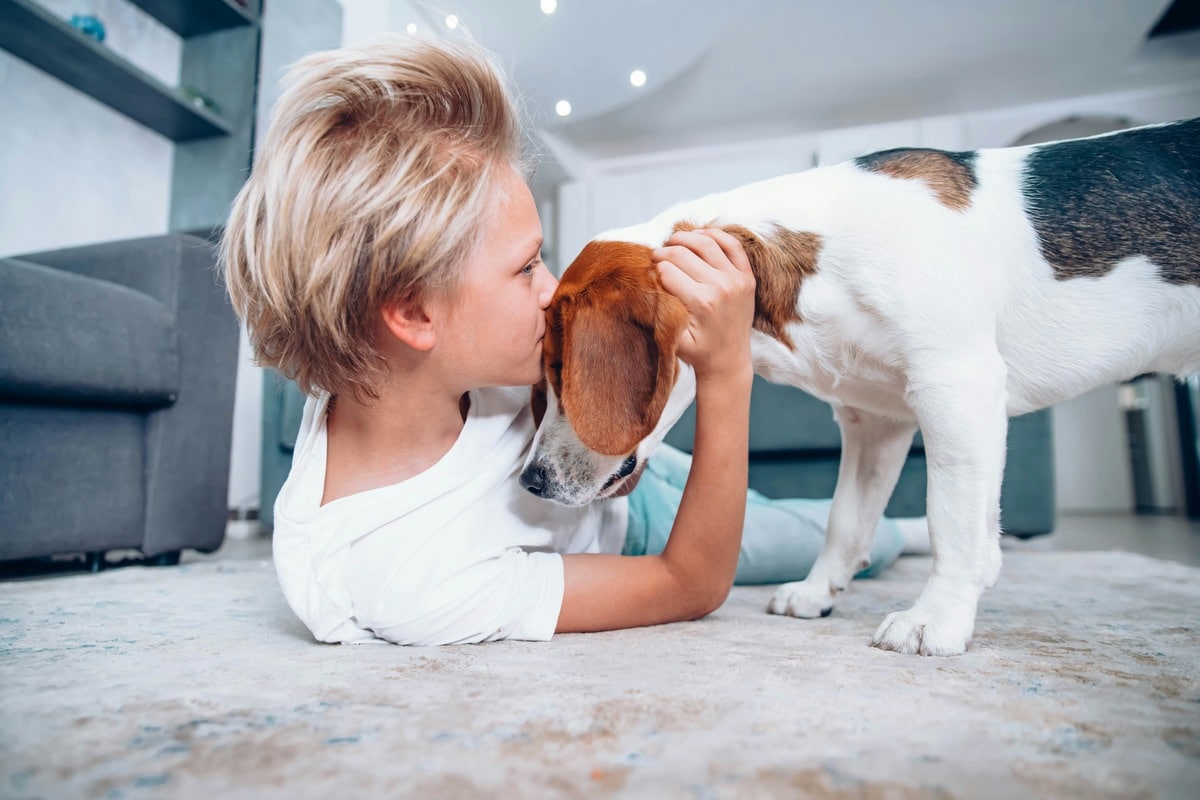 Shutterstock
Shutterstock
Dogs aren’t just man’s best friend because they’re cute or loyal—they are emotional detectives wrapped in fur. They have an incredible ability to tune into our moods, whether we’re feeling ecstatic, stressed, or downright miserable. Their reactions to our emotions aren’t random either; they’re full of meaning, driven by instincts, training, and the strong bond they share with us. From comforting us when we’re sad to getting hilariously hyped when we’re excited, dogs have a built-in emotional radar that is almost as accurate as it is spooky.
Tail Wags That Match Your Mood
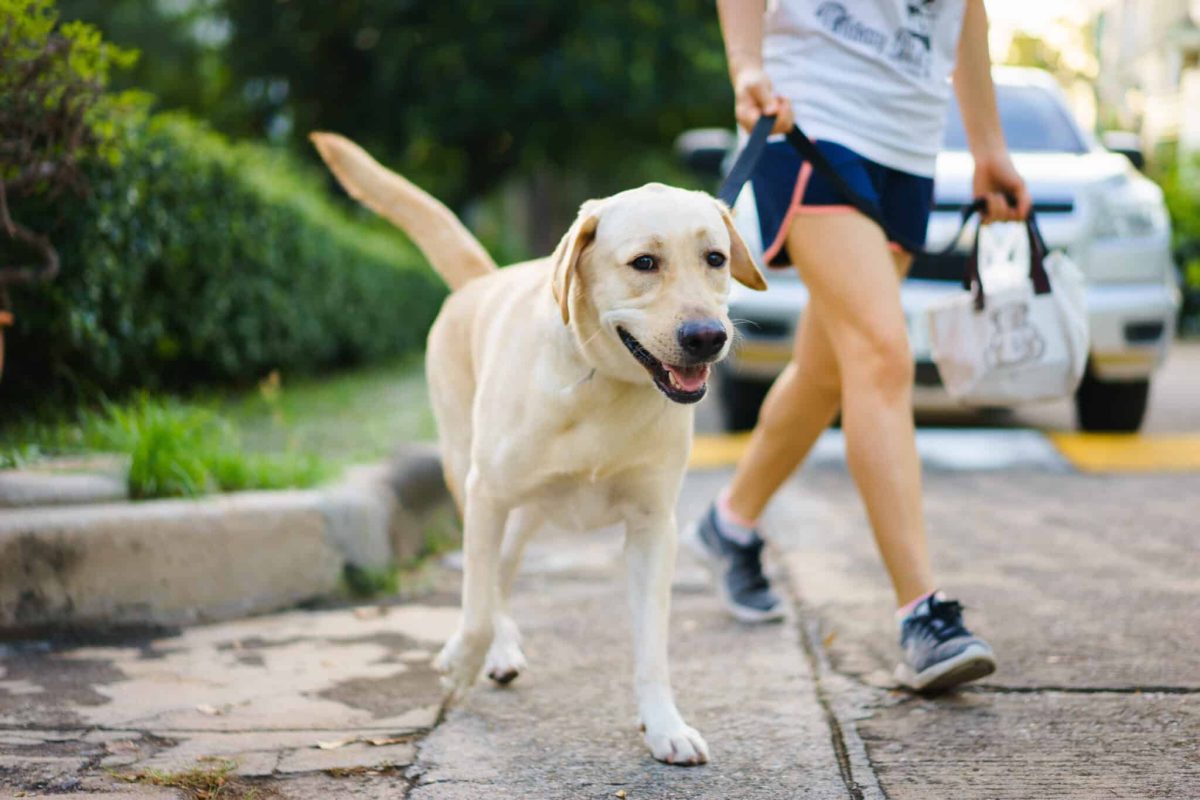 Shutterstock
Shutterstock
When you’re happy, your dog’s tail can turn into a high-speed windshield wiper. Dogs naturally mirror the energy they pick up from their humans, and nothing says “I feel your vibe” quite like a joyful, wagging tail. Even the speed and style of the wag can change depending on your mood—slow, cautious wags if you’re sad, and wild, full-body wags if you’re thrilled. Dogs don’t just wag because they’re happy, but because they’re responding to you.
Leaning Into You When You’re Sad
 Shutterstock
Shutterstock
One of the sweetest reactions is how dogs lean their bodies against you when they sense you’re down. This isn’t just them being clingy; it’s a deliberate gesture of comfort and connection. They press into you as a form of physical support, offering silent solidarity without needing any words. It’s like your dog is saying, “I’m here. I’ve got you.” And honestly, they make some of the best weighted blankets you could ask for.
Mimicking Your Energy Levels
 Shutterstock
Shutterstock
Dogs are emotional sponges, soaking up your energy and reflecting it at you. If you’re excited, don’t be surprised if your dog starts zooming around the house like a caffeinated tornado. On the flip side, if you’re sluggish and low-energy, they often settle into a quiet, lazy vibe too. This mirroring behavior shows how closely their emotional world is tied to yours, down to their zoomies-to-couch-potato ratio.
Staring Deep Into Your Eyes
 Shutterstock
Shutterstock
If your dog ever locks eyes with you for what feels like an awkwardly long time, they’re not plotting your downfall—they’re reading you. Dogs stare at their humans to gauge emotional states, seeking cues from facial expressions and eye contact. Studies have shown that mutual gazing between dogs and owners can even trigger oxytocin release, the same hormone in bonding between parents and infants. So basically, every intense staring contest is just your dog saying, “You’re my whole world.”
Bringing You Toys When You’re Upset
 Shutterstock
Shutterstock
Many dogs will bring you their favorite toys when you’re crying or showing signs of distress. It might look like they’re trying to initiate play, but often, it’s their version of an emotional first aid kit. In their world, toys equal happiness, so it only makes sense they’d offer you their most precious possessions to help you feel better. It’s adorably selfless and a little heartbreaking—your dog is giving you their prized squeaky chicken to fix your broken heart.
 Shutterstock
Shutterstock
Your dog’s inner bodyguard can act when you’re anxious or upset. They might sit closer, stand between you and others, or act more alert and defensive. Dogs are incredibly perceptive regarding threats, both real and emotional. They can sense when you feel vulnerable and instinctively move into protector mode, ready to take on whatever imaginary villain dared to upset their favorite human.
Barking or Whining at Emotional Shifts
 Shutterstock
Shutterstock
If you suddenly raise your voice angrily or burst into tears, don’t be surprised if your dog barks, whines, or vocalizes. They react to your tone and body language change, sometimes trying to “talk” back to you. Barking can be their way of expressing confusion, concern, or even trying to divert your attention away from whatever is upsetting you. It’s their not-so-subtle way of saying, “Hey, your vibe is freaking me out—let’s fix this!”
Following You Closely Around the House
 Shutterstock
Shutterstock
Dogs follow their owners more closely when they sense emotional distress, acting as loyal guardians and companions. They seem to know that sticking close is comforting, even if all they do is breathe heavily and occasionally step on your toes. Their quiet presence sends a powerful message: you’re not alone, even if you’re crying into a giant bowl of cereal at 2 AM.
Licking Your Hands or Face
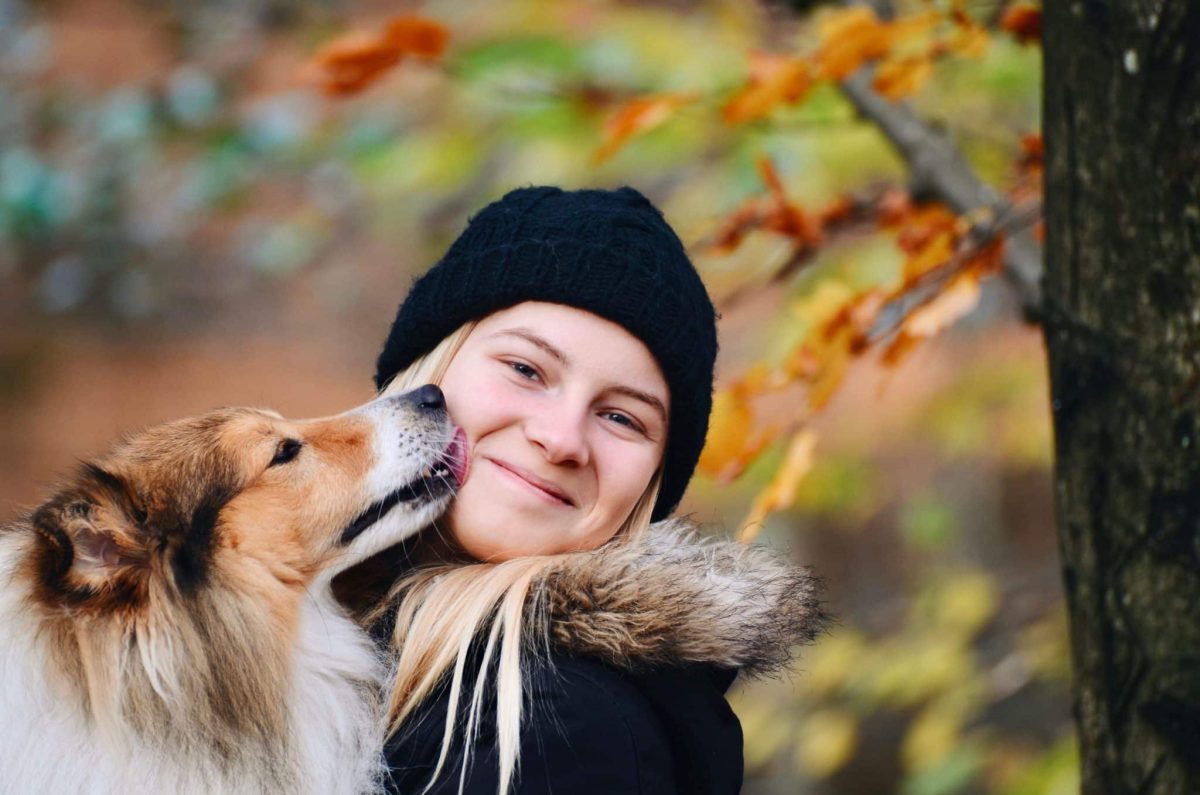 Shutterstock
Shutterstock
Licking is a dog’s version of a comforting hug. Many dogs instinctively start licking your hands, face, or arms when you’re upset, anxious, or stressed. This isn’t just an act of affection; it’s deeply rooted in their instincts to nurture and soothe. Puppies lick their mothers and littermates for comfort, and your dog taps into that behavior when trying to reassure you. Plus, they get bonus points if they accidentally lick a tear off your face like a furry emotional janitor.
Showing Signs of Stress Themselves
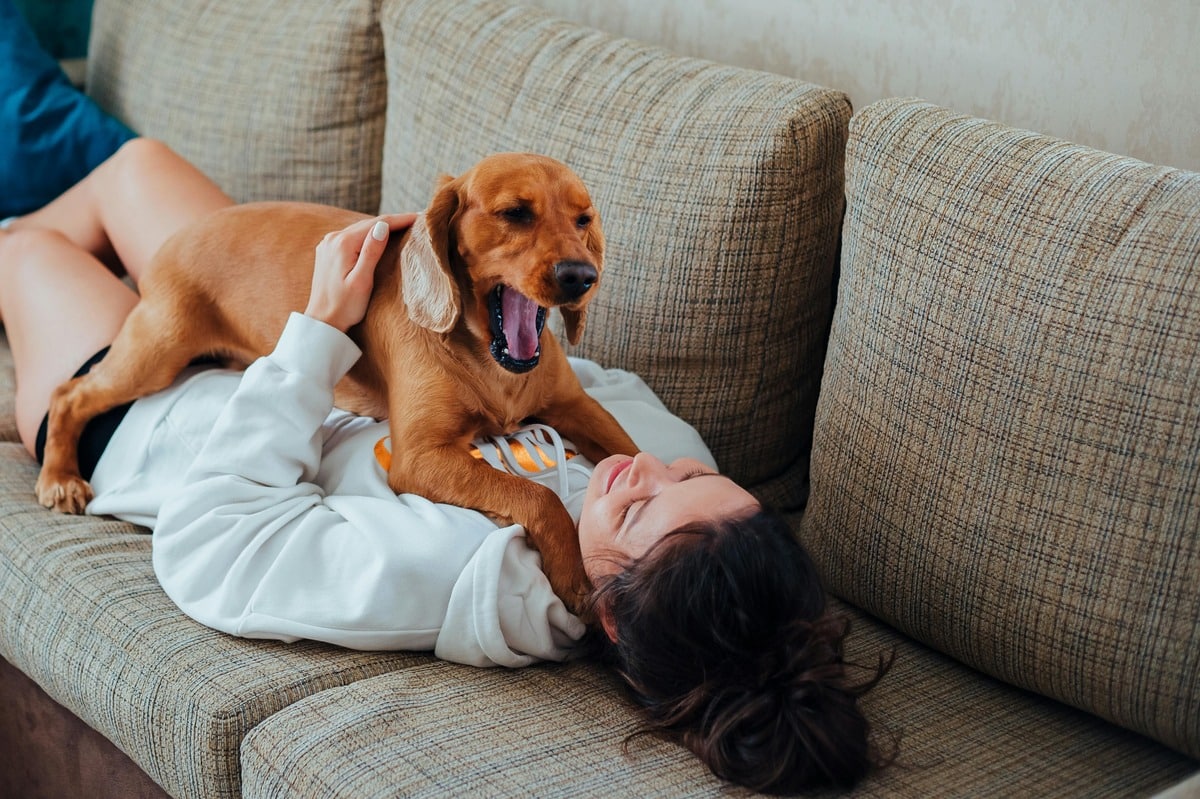 Shutterstock
Shutterstock
Dogs don’t just react—they absorb. When you’re overwhelmed or angry, your dog can start showing signs of stress, like yawning, pacing, shaking off, or avoiding eye contact. They internalize your tension, and sometimes it affects them physically and emotionally. It’s a powerful reminder that emotional energy is contagious—even across species—and your dog often carries your burdens on their sturdy little shoulders.
Trying to Make You Laugh
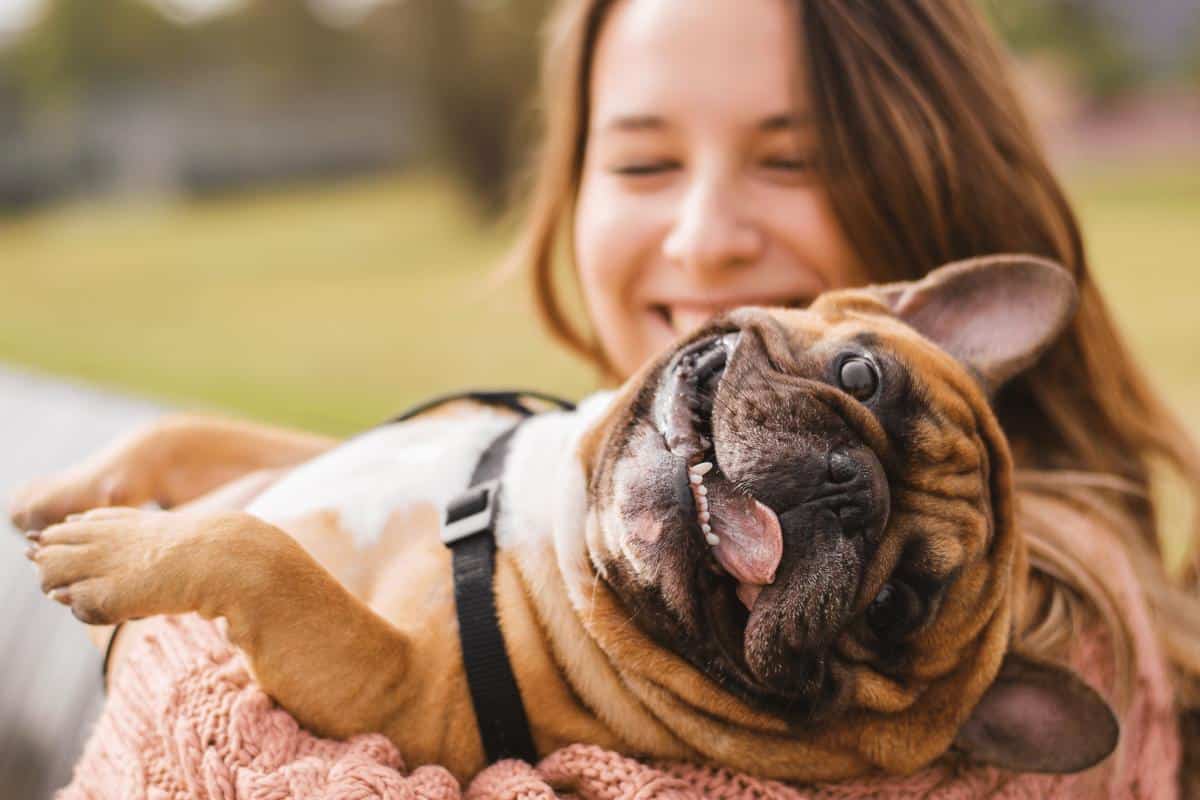 Shutterstock
Shutterstock
Dogs are masters of comedic timing; sometimes, they know precisely when to pull out their goofiest moves. Whether it’s rolling onto their back with all four paws in the air, making silly faces, or presenting you with a toy mid-meltdown, dogs have a way of trying to lift the emotional atmosphere. It’s almost like they’re improvising a one-dog stand-up show when you need it most.
Hiding or Retreating During Intense Emotions
 Shutterstock
Shutterstock
Not all dogs jump into action when emotions run high—some will quietly remove themselves from the situation. If anger, yelling, or heavy sadness fills a room, more sensitive dogs might slip away to a quiet corner. It’s not because they don’t care; intense emotions can overwhelm them, and they cope by retreating. They’re still supporting you introvertedly—rooting for you from the comfort of a cozy hiding spot.
Sleeping Closer to You During Tough Times
 Shutterstock
Shutterstock
Dogs are naturally social sleepers, and when you’re going through an emotional rough patch, many will choose to curl up even closer than usual. Whether they sneak onto your bed, nuzzle into your side on the couch, or even sleep directly on your feet, it’s their way of providing round-the-clock comfort. Their silent company through the night is a living, breathing reminder that no matter how dark things feel, someone by your side loves you unconditionally and probably snores.
The Emotional Support Fur Missile You Never Knew You Needed
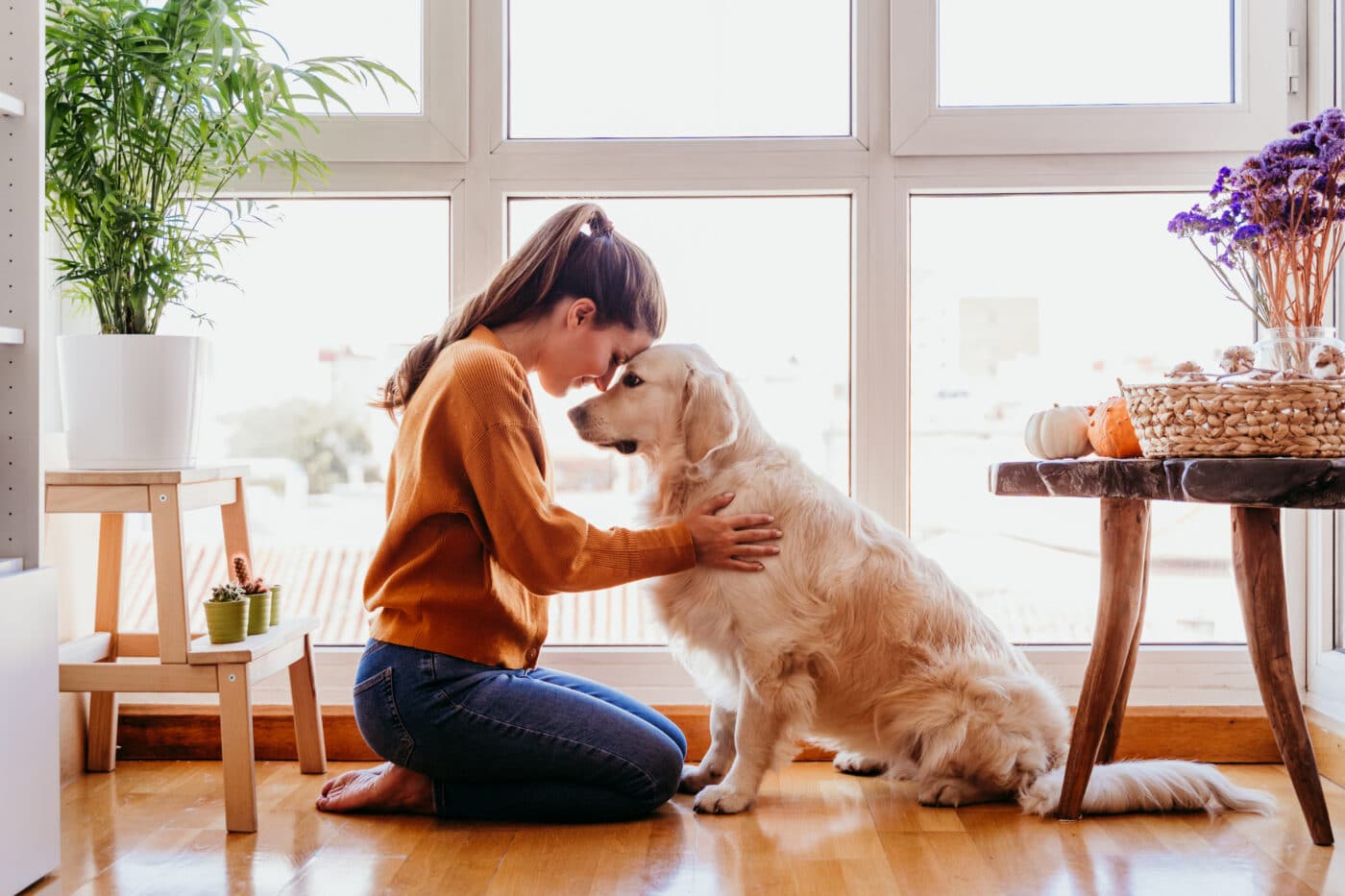 Shutterstock
Shutterstock
Dogs don’t just live with us; they ride our emotional waves with goofy smiles, loyalty, and endless heart. Whether leaning into you like a furry anchor or dropping their favorite squeaky toy at your feet, their responses are pure magic. They’re the emotional support team you never had to request—working overtime for nothing more than treats and belly rubs. If emotional intelligence came with trophies, your dog would already be holding one proudly in one paw… and probably a half-eaten snack in the other.

 1 month ago
9
1 month ago
9


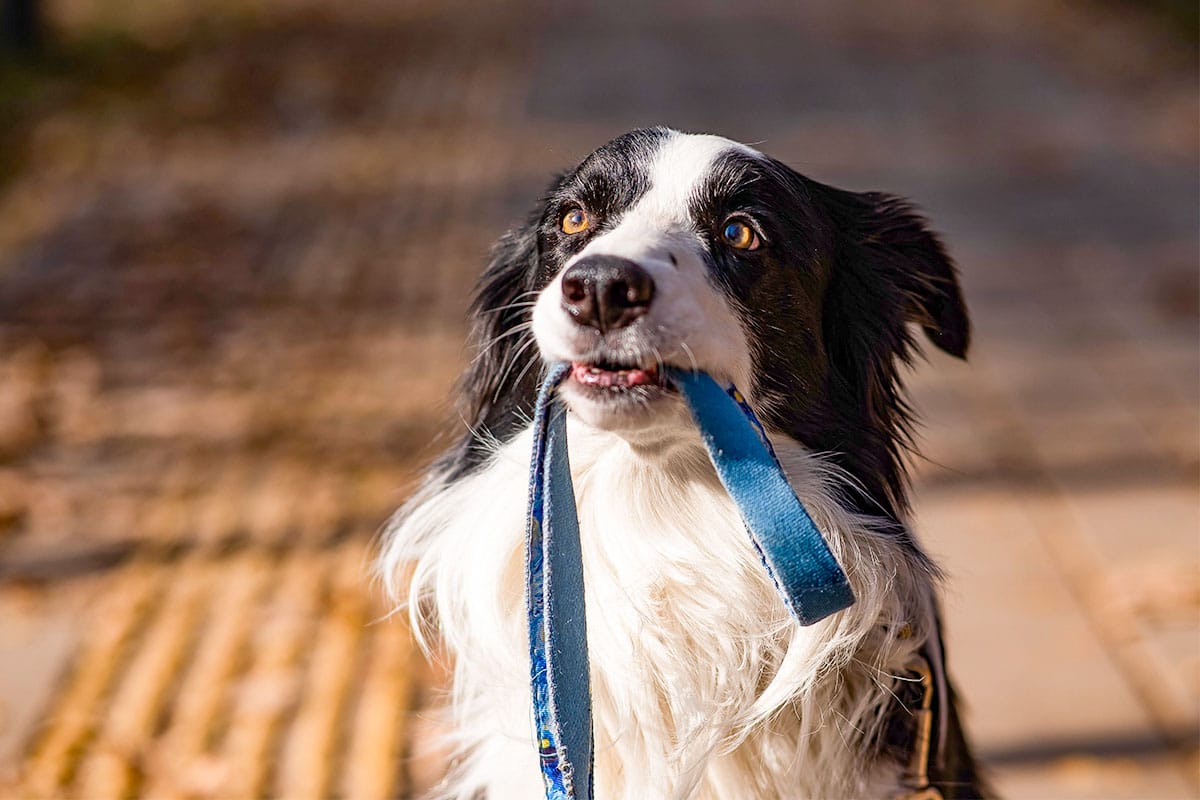



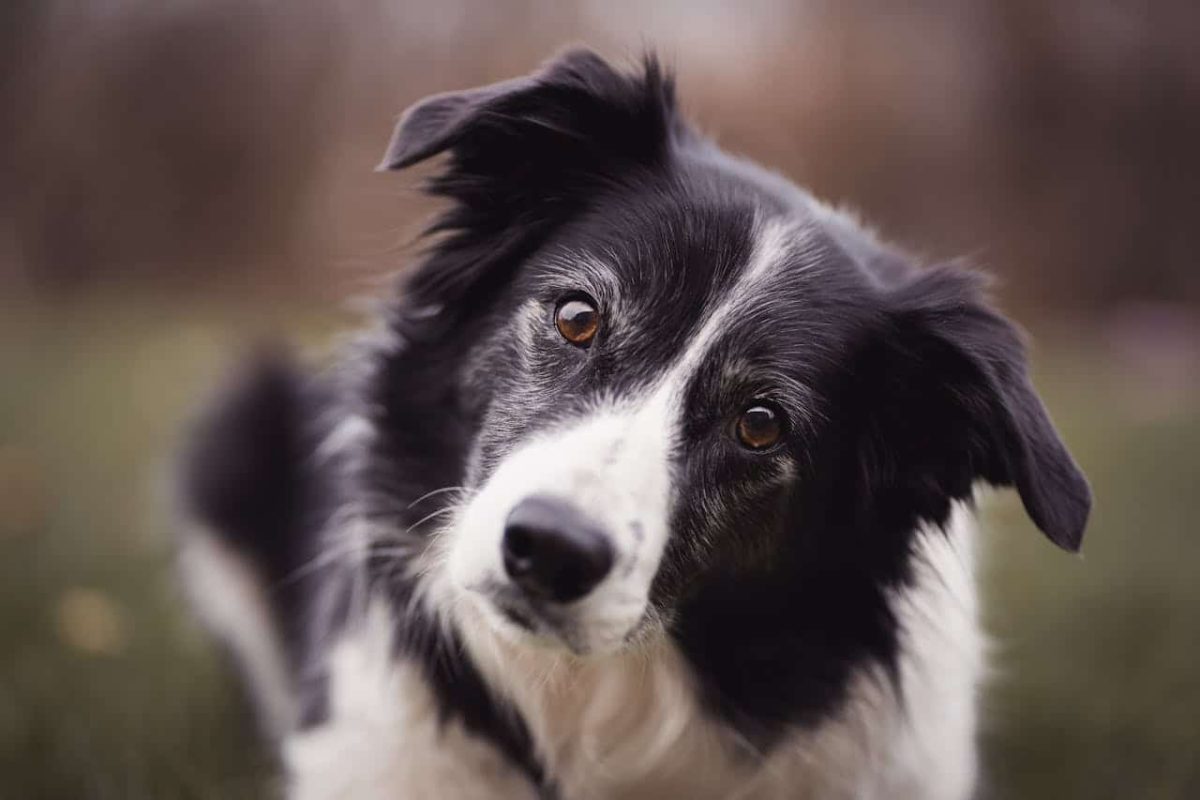
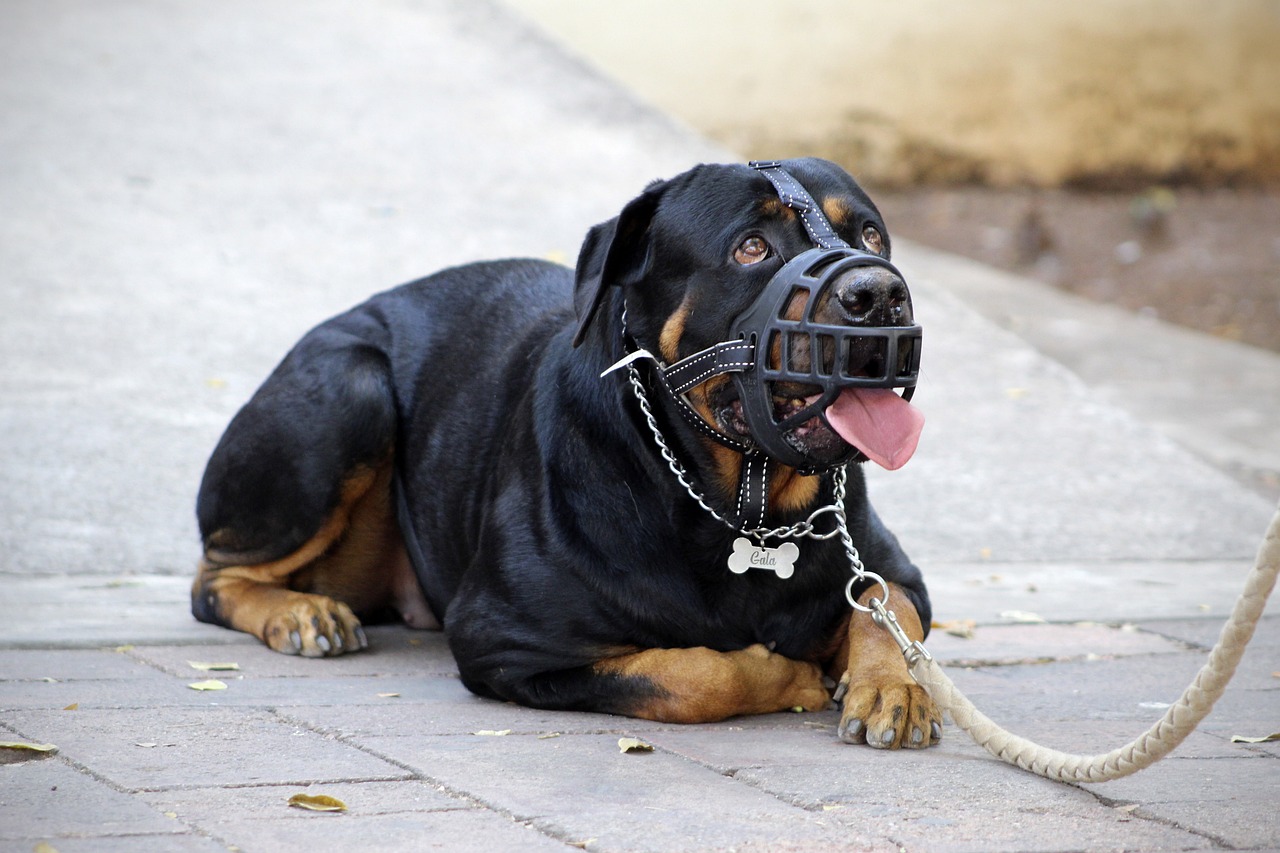


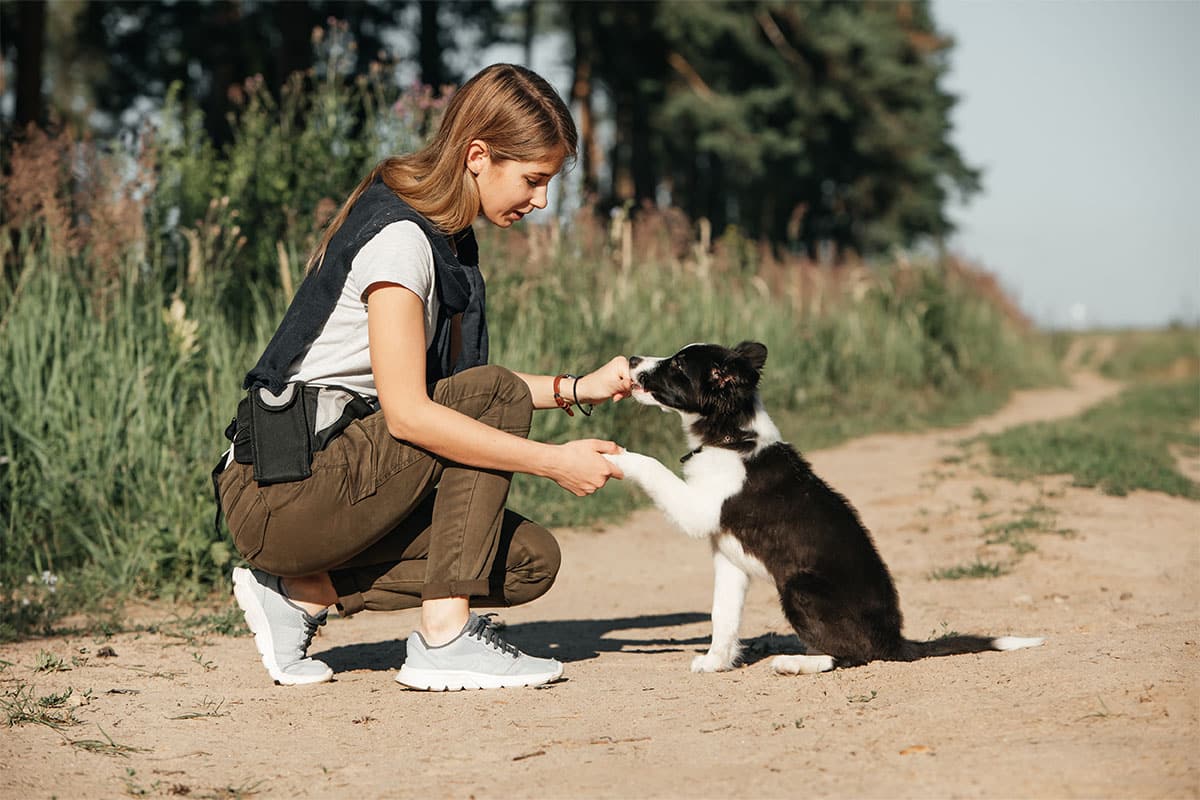


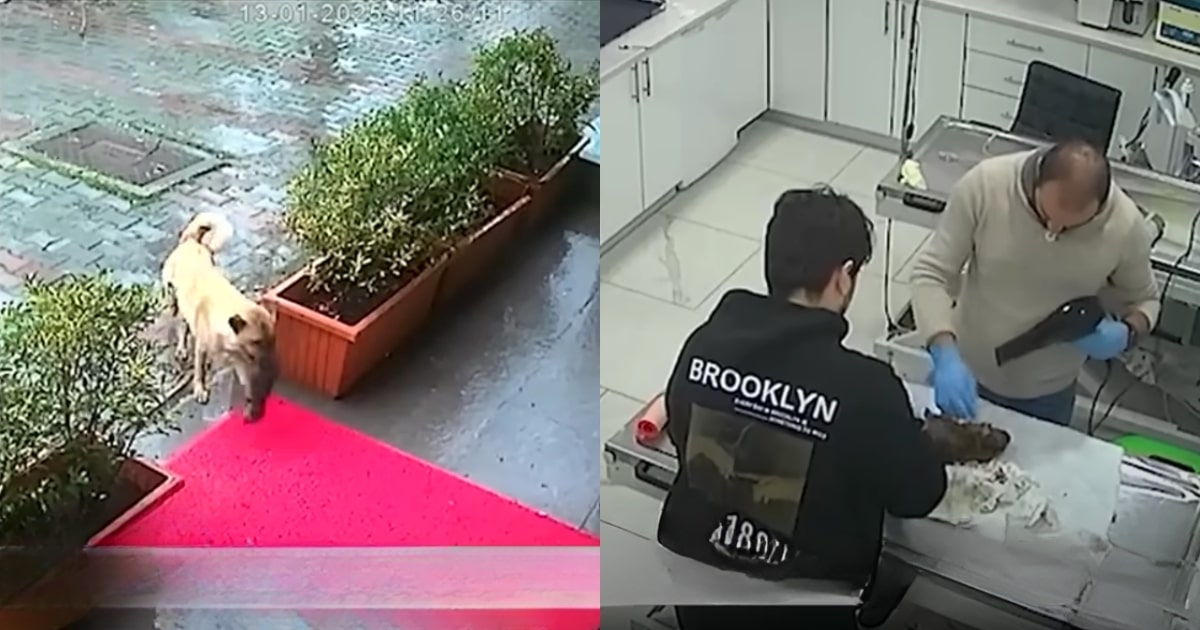



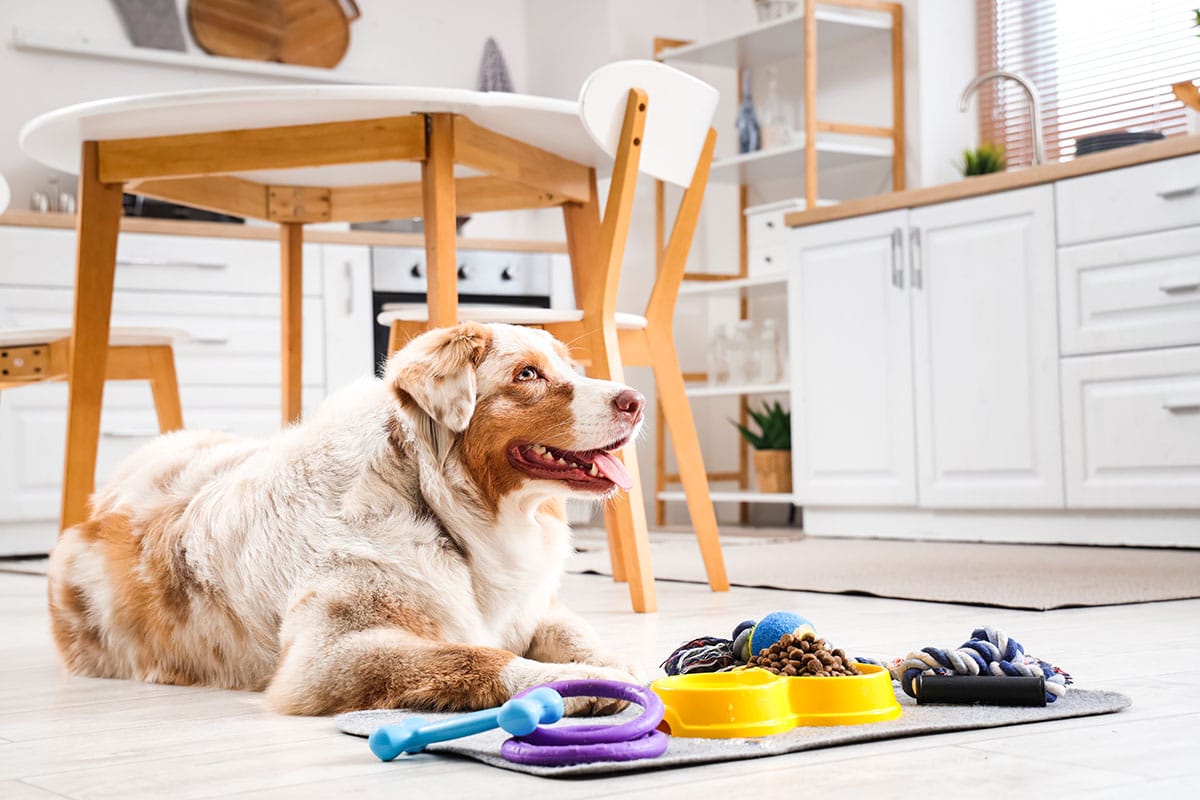
 English (US) ·
English (US) ·